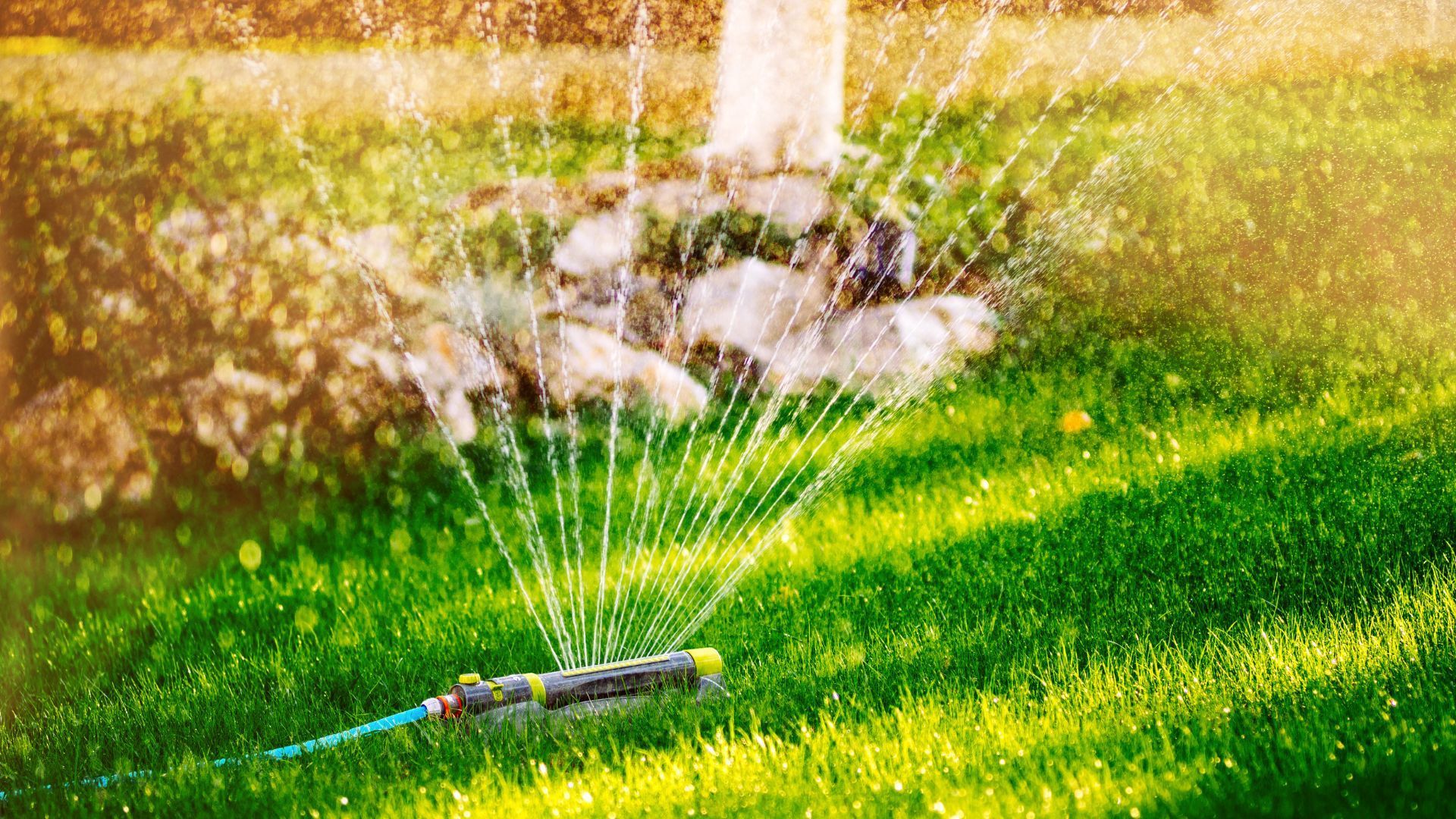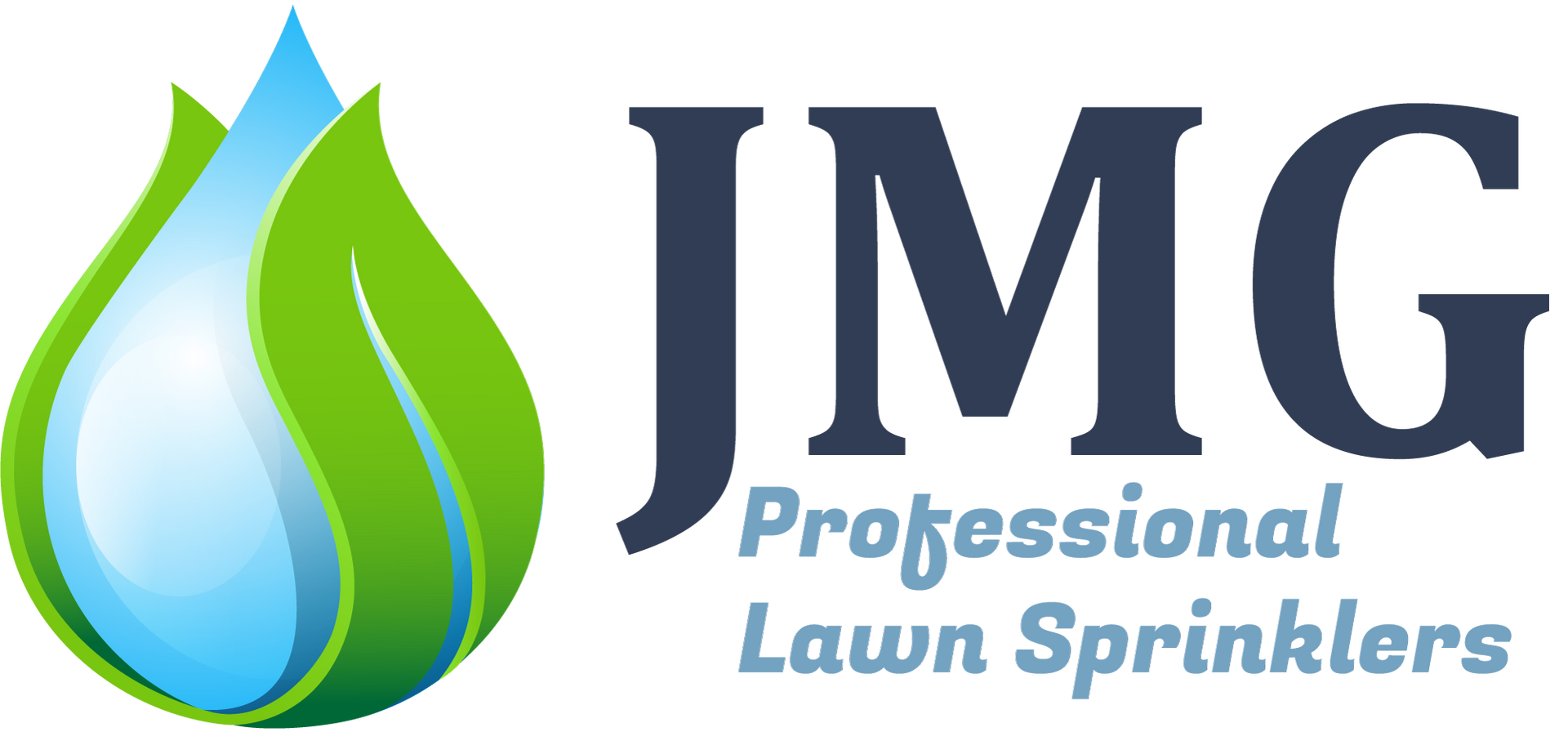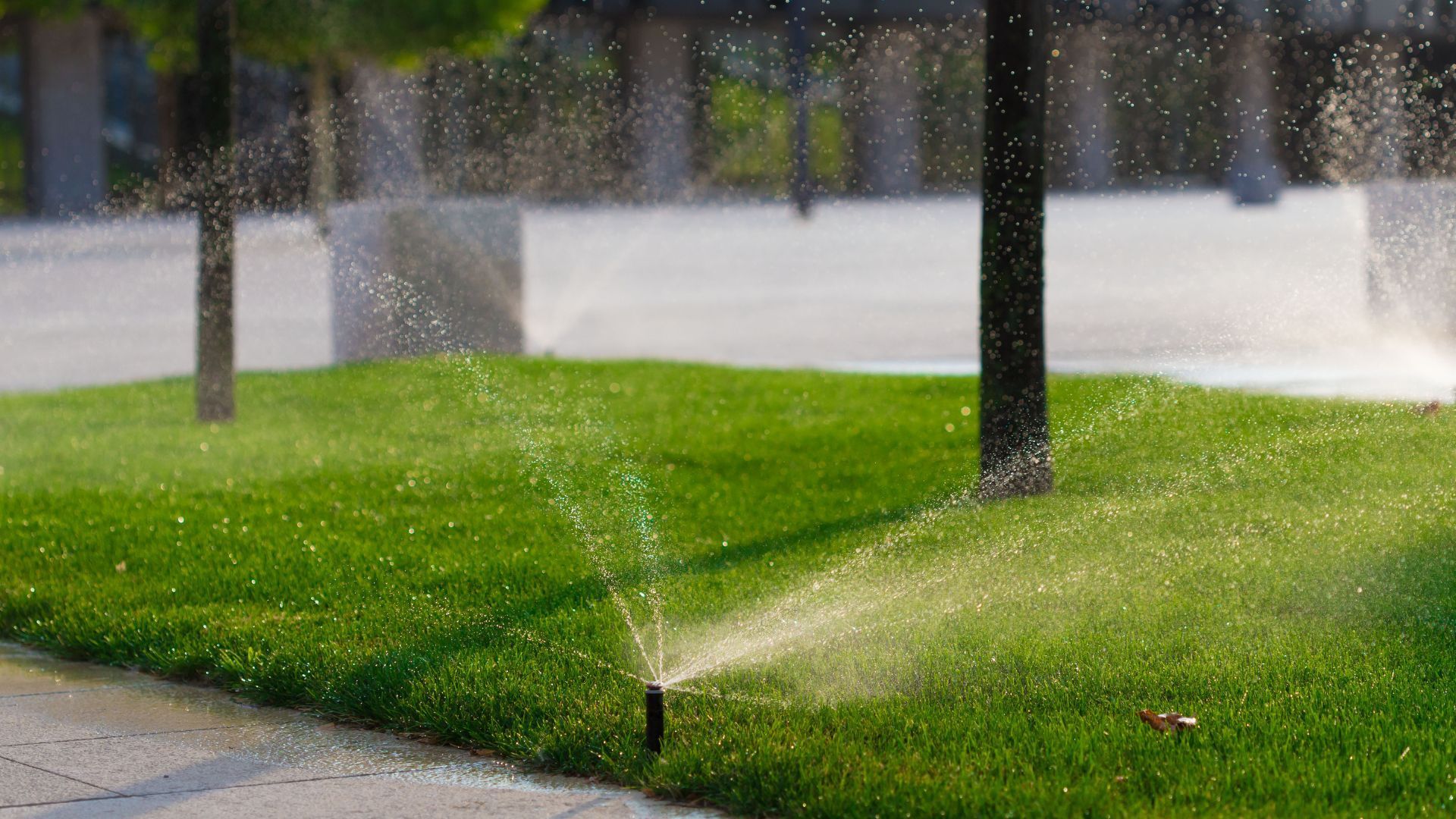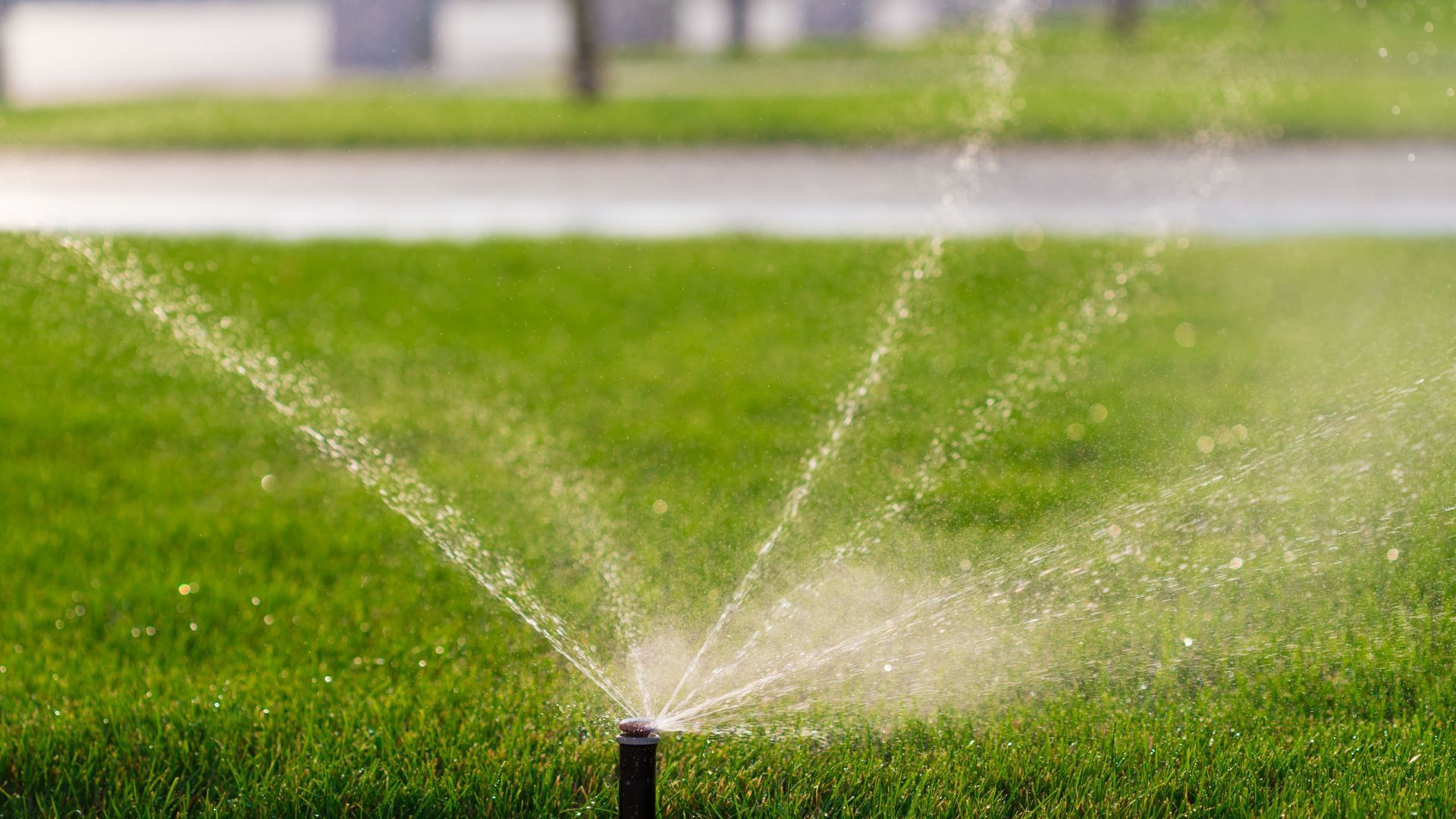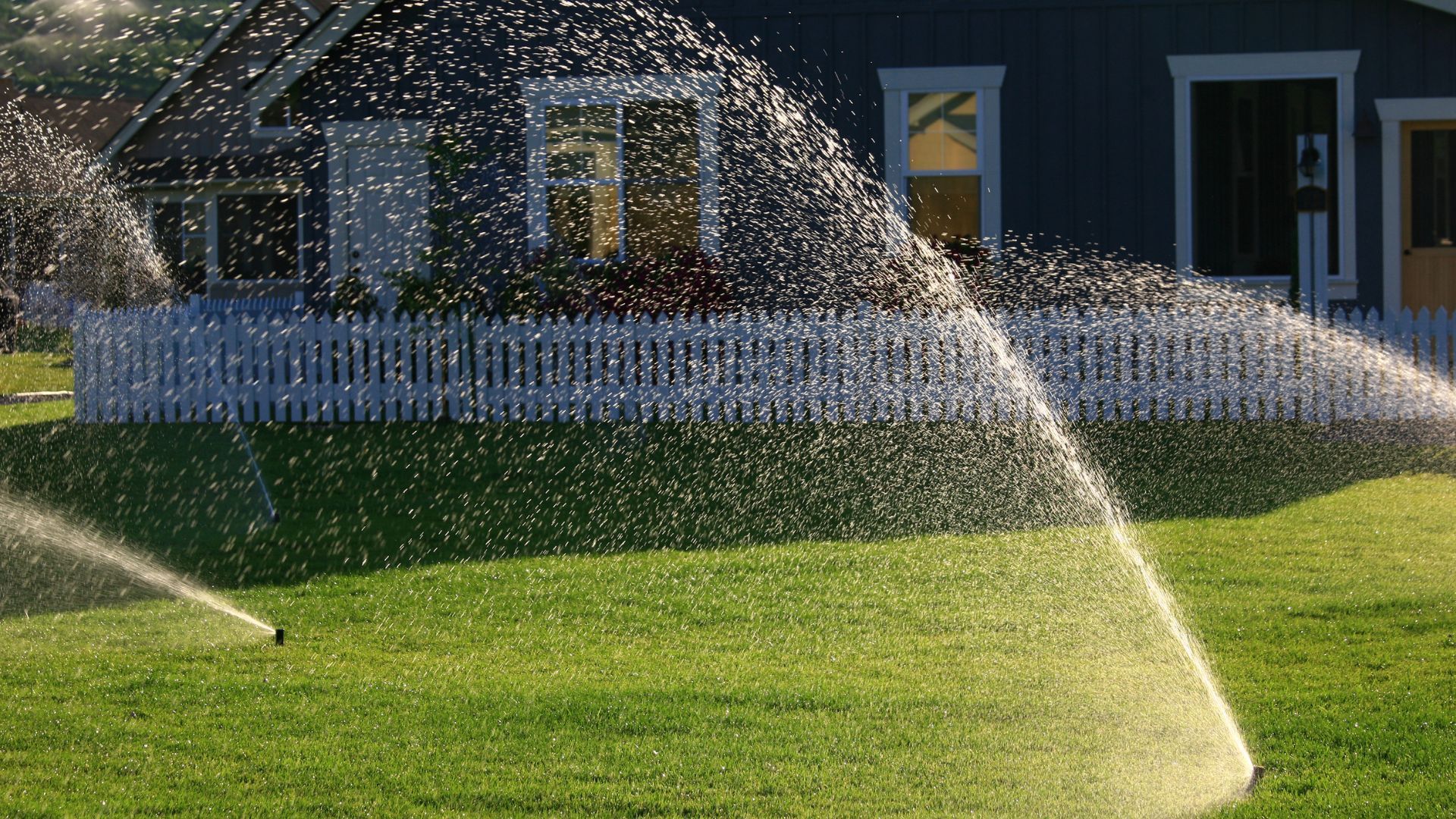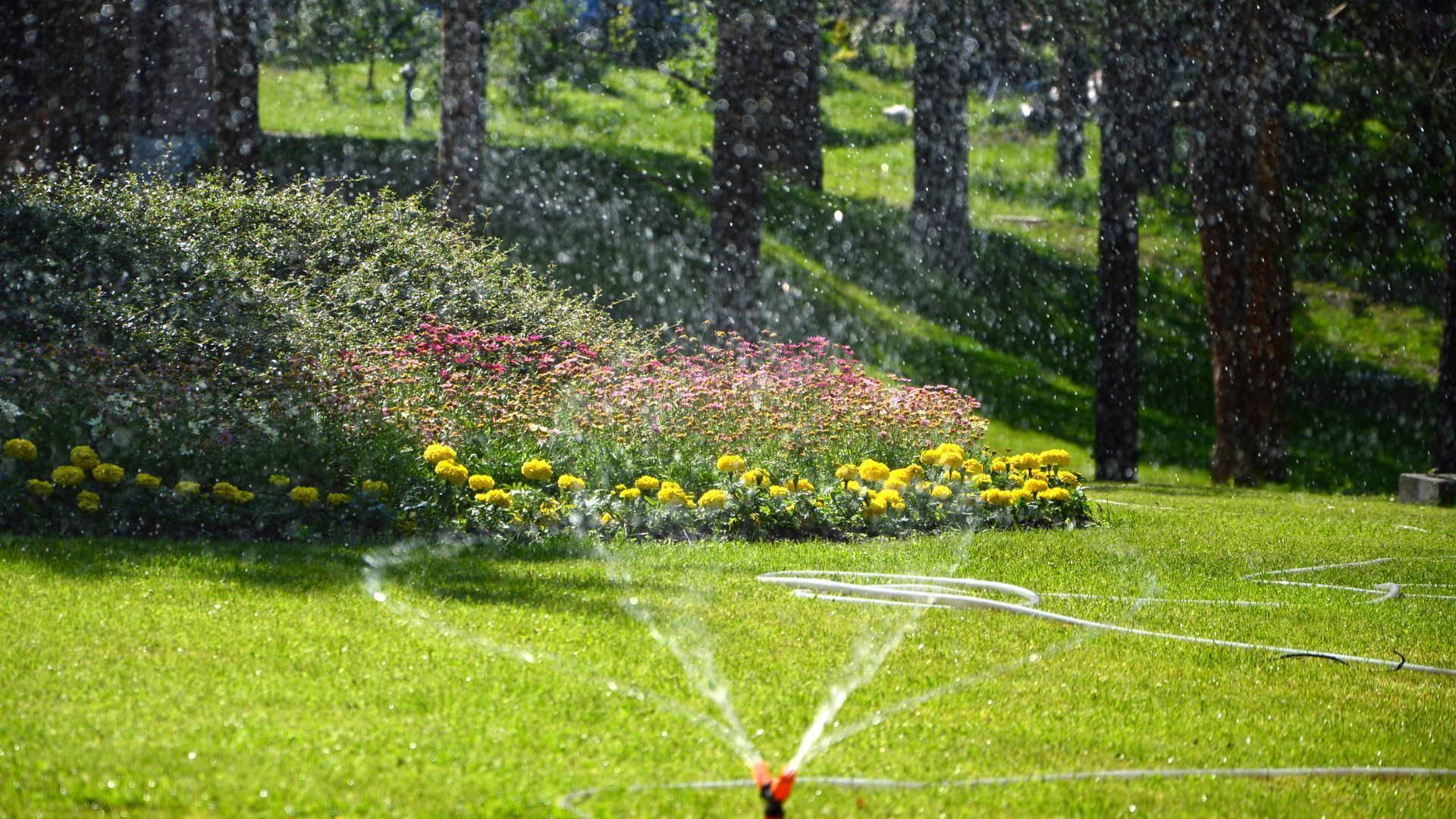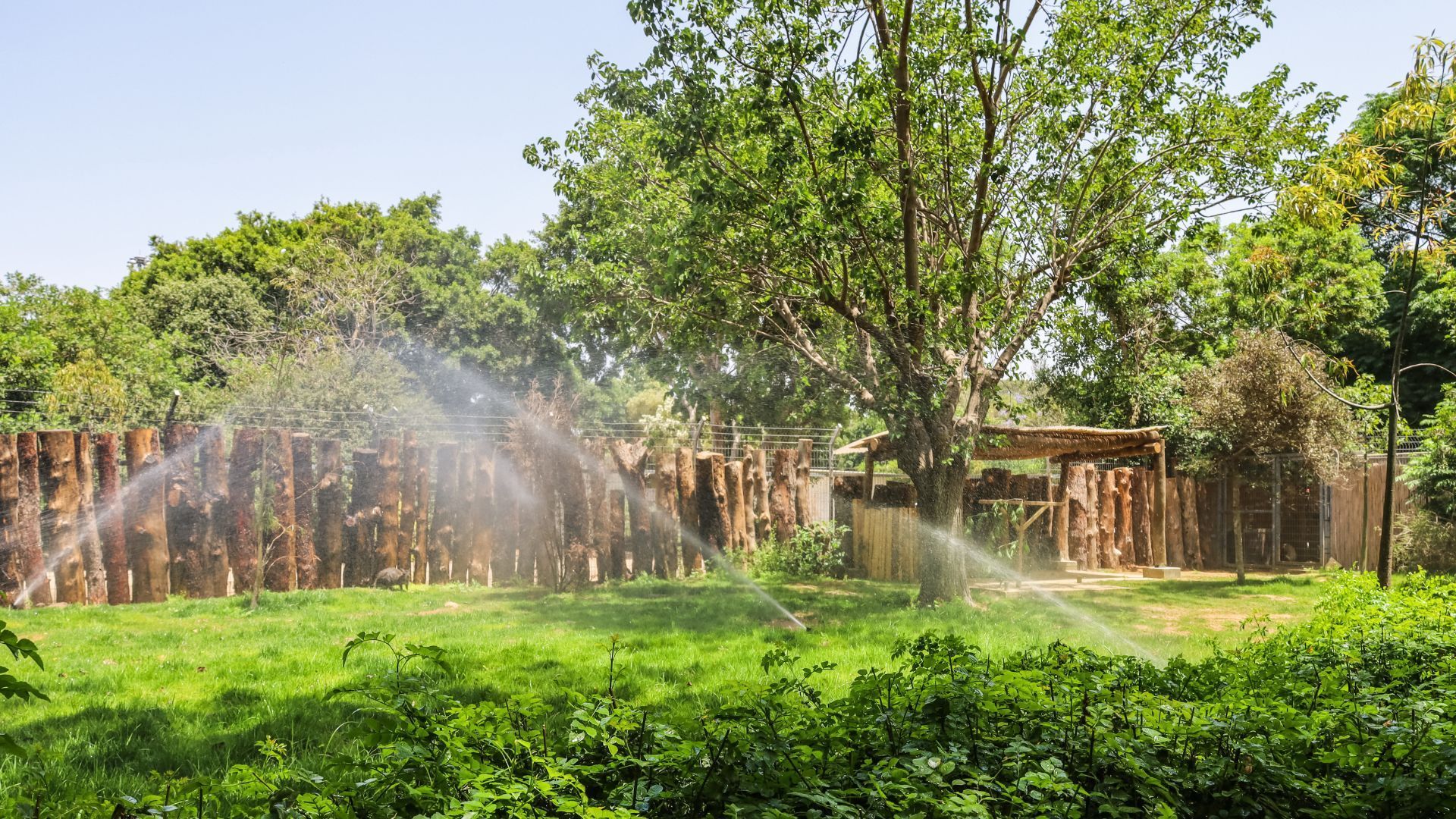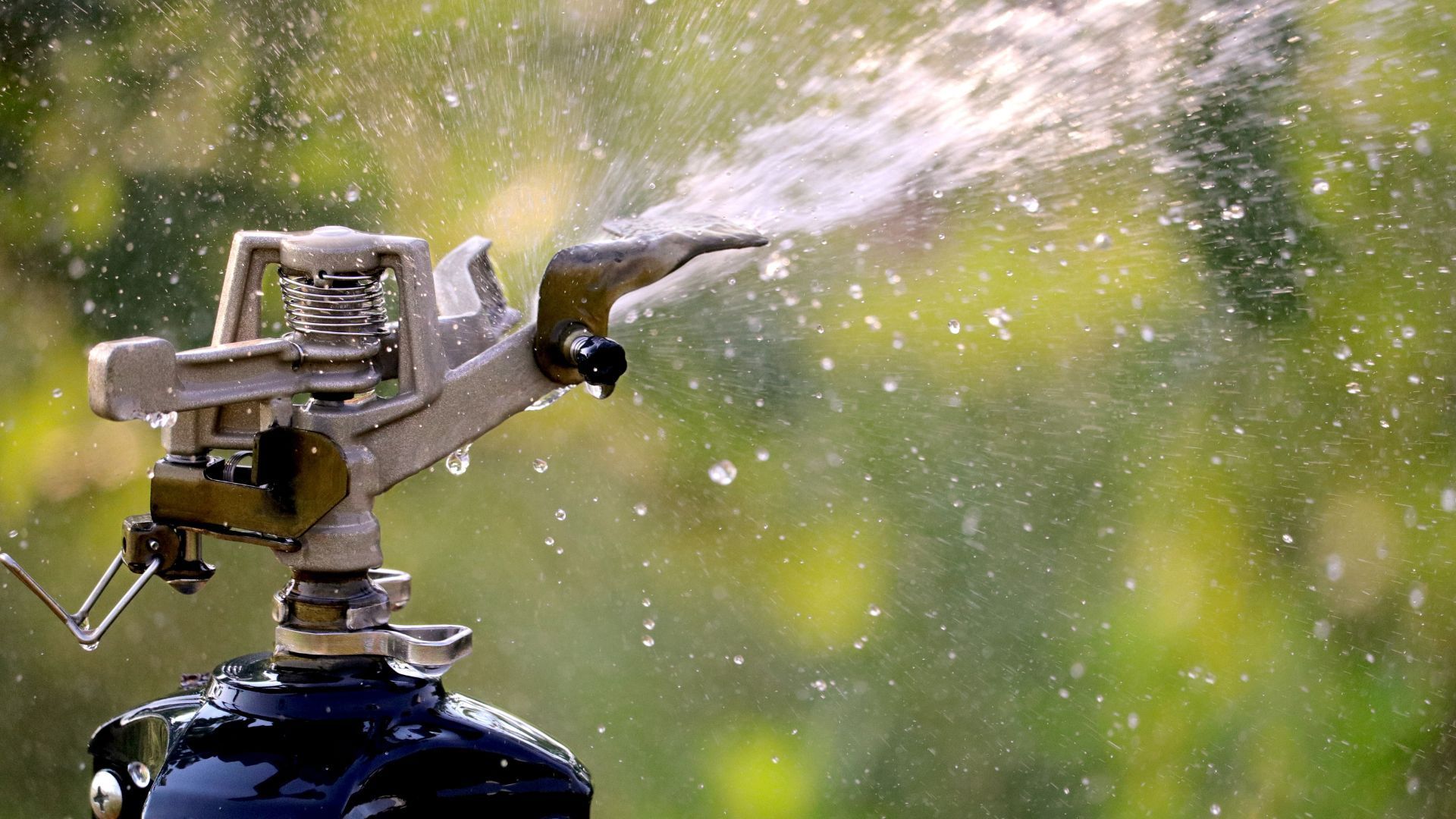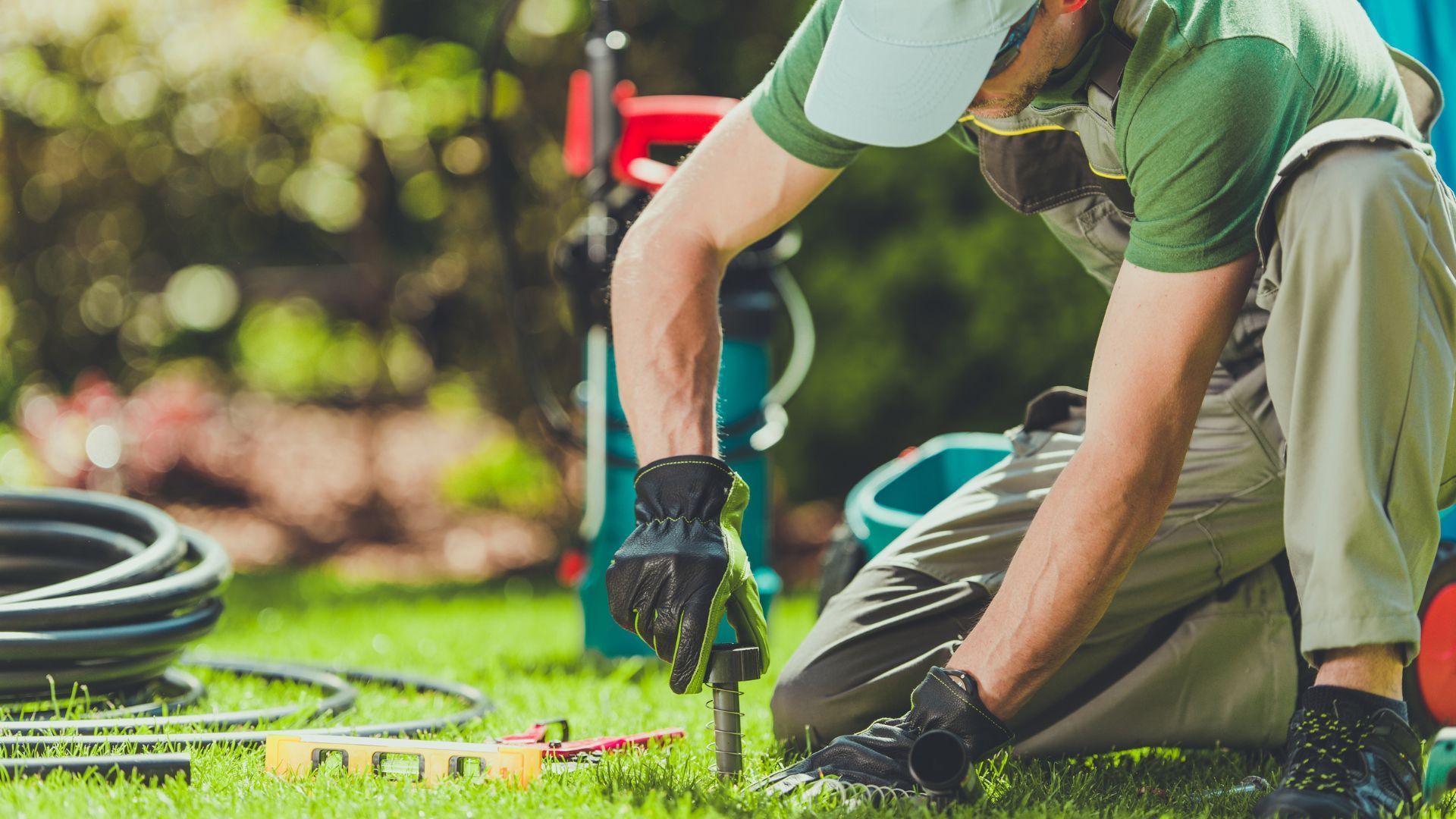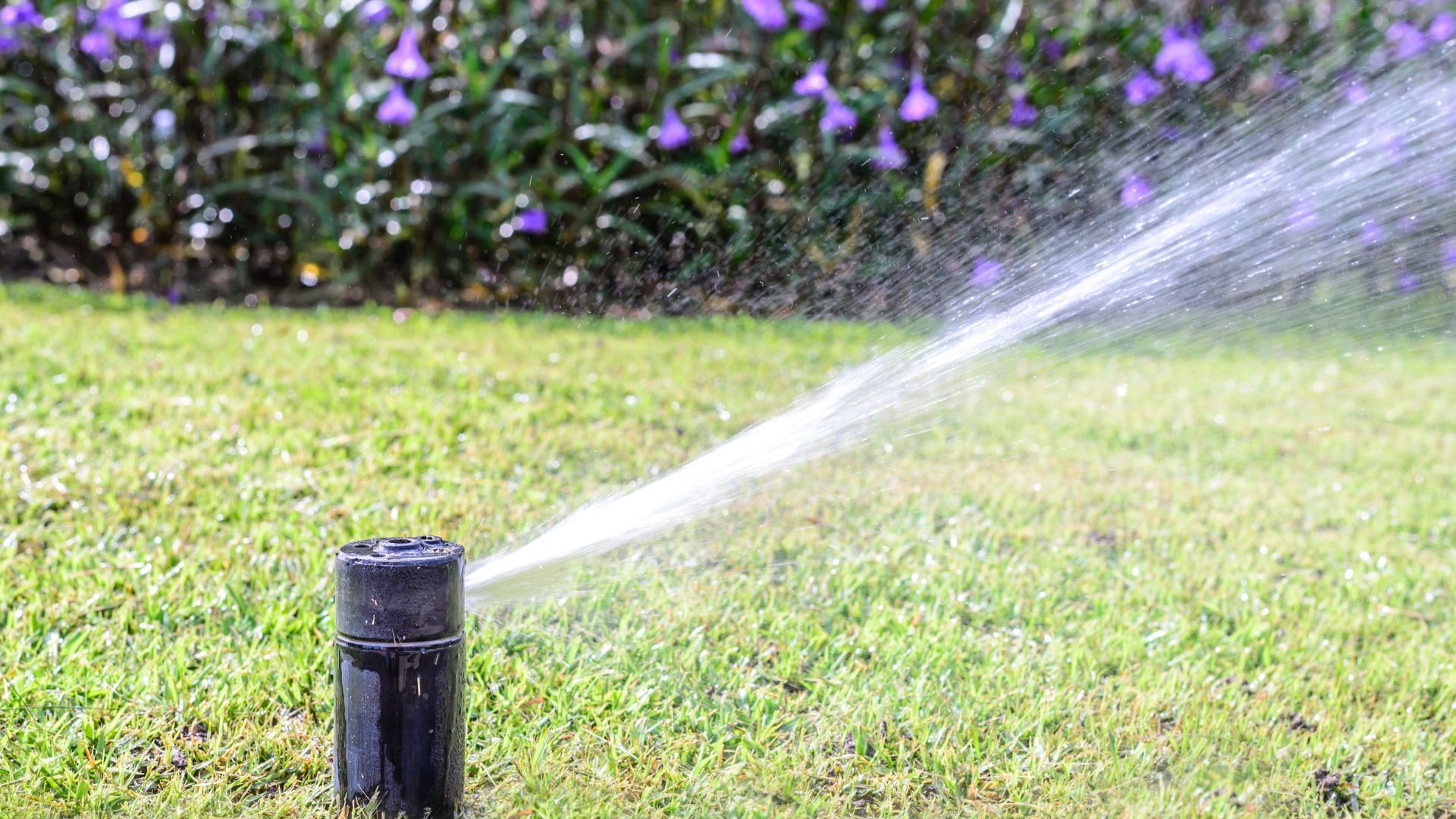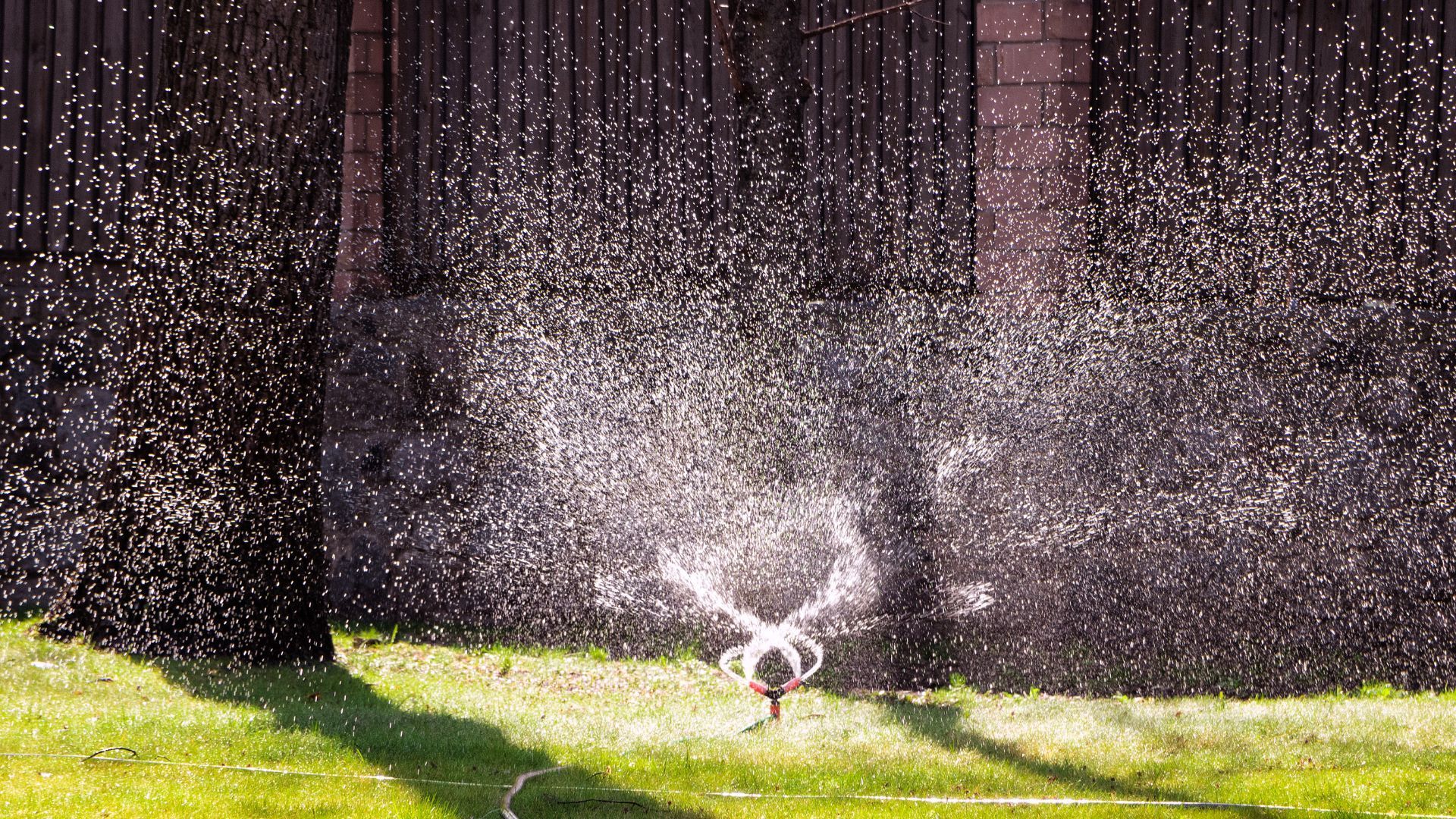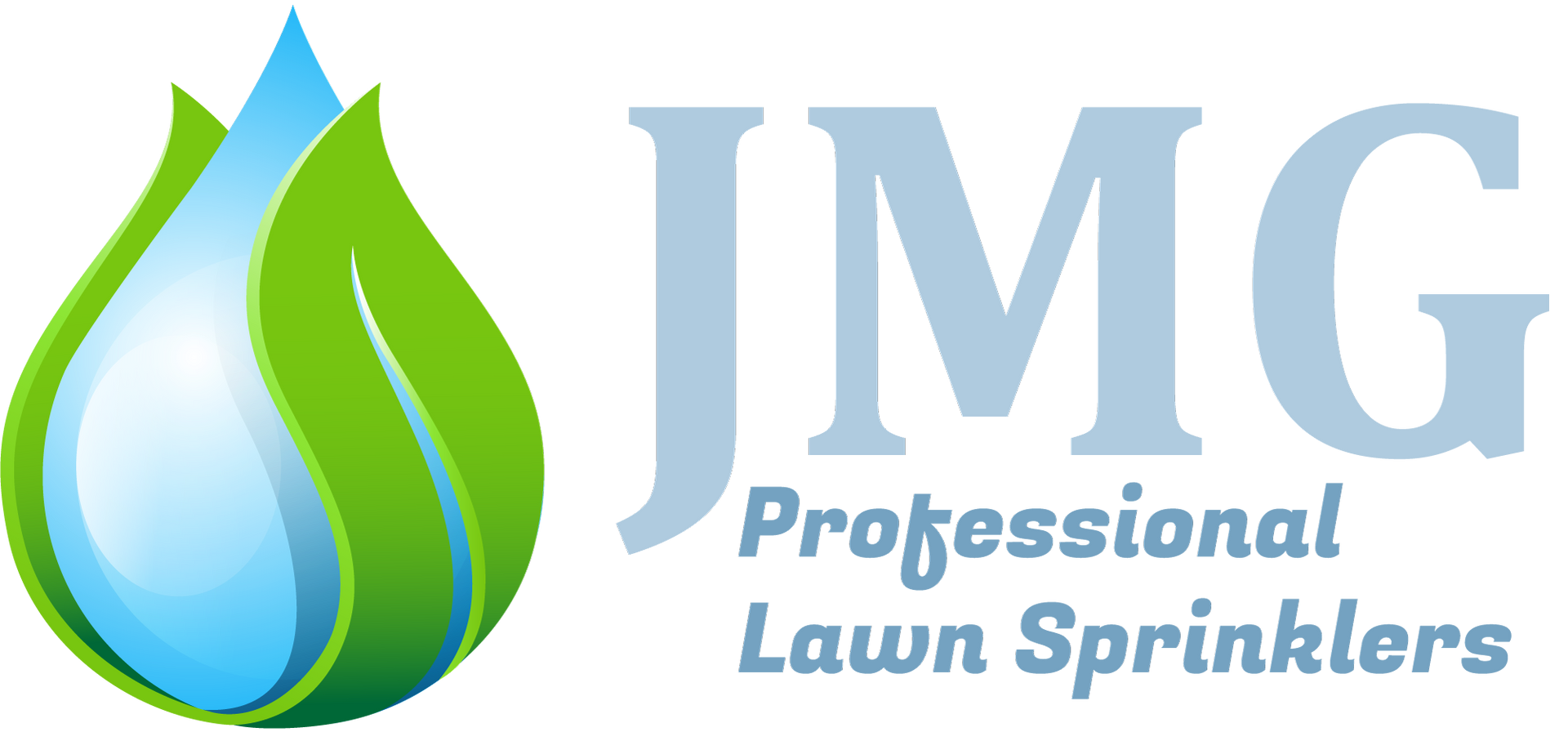How to Extend Your Sprinkler System Life in Rhode Island
Maintaining a reliable sprinkler system in Rhode Island requires targeted strategies that guard against freezing winters and humid summers. A well-maintained irrigation system can last 10-20 years, saving homeowners on costly replacements and water bills. This guide explains typical lifespan ranges, essential seasonal maintenance, common troubleshooting steps, quality component selection, smart irrigation tactics, and how JMG Professional Lawn Sprinklers' licensed experts and brand-name parts support long-term system health. You'll learn:
- What influences sprinkler longevity in New England's climate
- Step-by-step winterization and spring start-up checklists
- How to identify and fix leaks, clogs, and pressure issues
- The impact of professional installation and durable parts
- Smart irrigation features that conserve water and extend system life
- JMG's service plans, warranties, and satisfaction guarantees
What Is the Typical Lifespan of a Sprinkler System in Rhode Island?
A residential irrigation system in Rhode Island typically endures 10-20 years when properly installed and routinely maintained, providing reliable coverage and efficient water use. Understanding component-level lifespans and local environmental stresses helps homeowners plan upgrades and schedule preventative care that maximizes durability and performance.
How Long Do Sprinkler Systems and Their Components Usually Last?
The following table summarizes average service lives based on standard usage and quality installation in Rhode Island's seasonal climate.
| Component | Attribute | Typical Lifespan |
|---|---|---|
| Main PVC Piping | Expected Durability | 15–25 years |
| Sprinkler Heads | Nozzle and Seal Integrity | 7–10 years |
| Control Valves | Mechanical Reliability | 10–15 years |
| Electronic Controller | Circuit and Software Life | 5–10 years |
| Backflow Preventer | Corrosion Resistance | 10–20 years |
Each component’s longevity depends on installation quality and environmental exposure, leading naturally to a closer look at local factors.
Sprinkler System Lifespan
The lifespan of a sprinkler system is influenced by several factors, including installation quality, component quality, water quality, soil conditions, and maintenance frequency. Regular inspections, tune-ups, and cleaning are essential to prevent minor issues from escalating into major failures, thereby extending the system's life.
Smith, A., "Irrigation System Longevity: Factors and Maintenance" (2022)
This research supports the article's emphasis on the importance of maintenance and various factors affecting sprinkler system longevity.
Which Factors Affect Sprinkler System Longevity in Rhode Island?
Sprinkler system lifespan hinges on multiple interacting factors that determine wear rates and repair frequency:
- Quality of Installation: Proper trench depth, pressure regulation, and slope grading prevent premature wear.
- Component Quality: Brass heads, heavy-duty valves, and UV-resistant piping resist corrosion and breakage.
- Water Quality & Pressure: Hard water scale and erratic pressure cycles accelerate seals and diaphragm deterioration.
- Soil Chemistry & Drainage: Clay soils hold moisture longer, increasing corrosion risk; sandy soils require different spray patterns.
- Maintenance Frequency: Regular inspections, tune-ups, and cleaning prevent minor issues from escalating into major failures.
By recognizing these attributes, homeowners can target preventative measures that directly extend system life and prepare for precise seasonal needs.
How Does Rhode Island's Climate Impact Sprinkler System Life?
Rhode Island's freeze-thaw cycles and coastal humidity pose unique challenges for irrigation systems. Winterization prevents water left in lines from freezing and bursting pipes, while summer heat and salt air can corrode metal components. Seasonal rain patterns and soil moisture fluctuations demand controller adjustments to avoid overwatering or dry spots. Adapting service schedules to these local climate patterns ensures each element functions optimally year-round.
Why Is Seasonal Maintenance Essential to Extend Sprinkler System Life in Rhode Island?
Seasonal maintenance is the process of preparing irrigation components for extreme temperatures and adjusting system settings for peak efficiency, which directly prevents mechanical failures and extends overall lifespan. By addressing winter and spring transitions, you eliminate freeze damage, leaks, and pressure imbalances before they escalate into costly repairs.
Seasonal Maintenance Benefits
Seasonal maintenance, including winterization and spring start-up, is crucial for preventing mechanical failures and extending the overall lifespan of a sprinkler system. Winterization protects against freeze damage, while spring start-up ensures all components function correctly after winter.
Jones, B., "Best Practices for Sprinkler System Maintenance" (2023)
This citation reinforces the article's recommendations for seasonal maintenance to prevent costly repairs and extend the system's lifespan.
What Are the Key Steps in Fall-Winterization to Protect Your Sprinkler System?
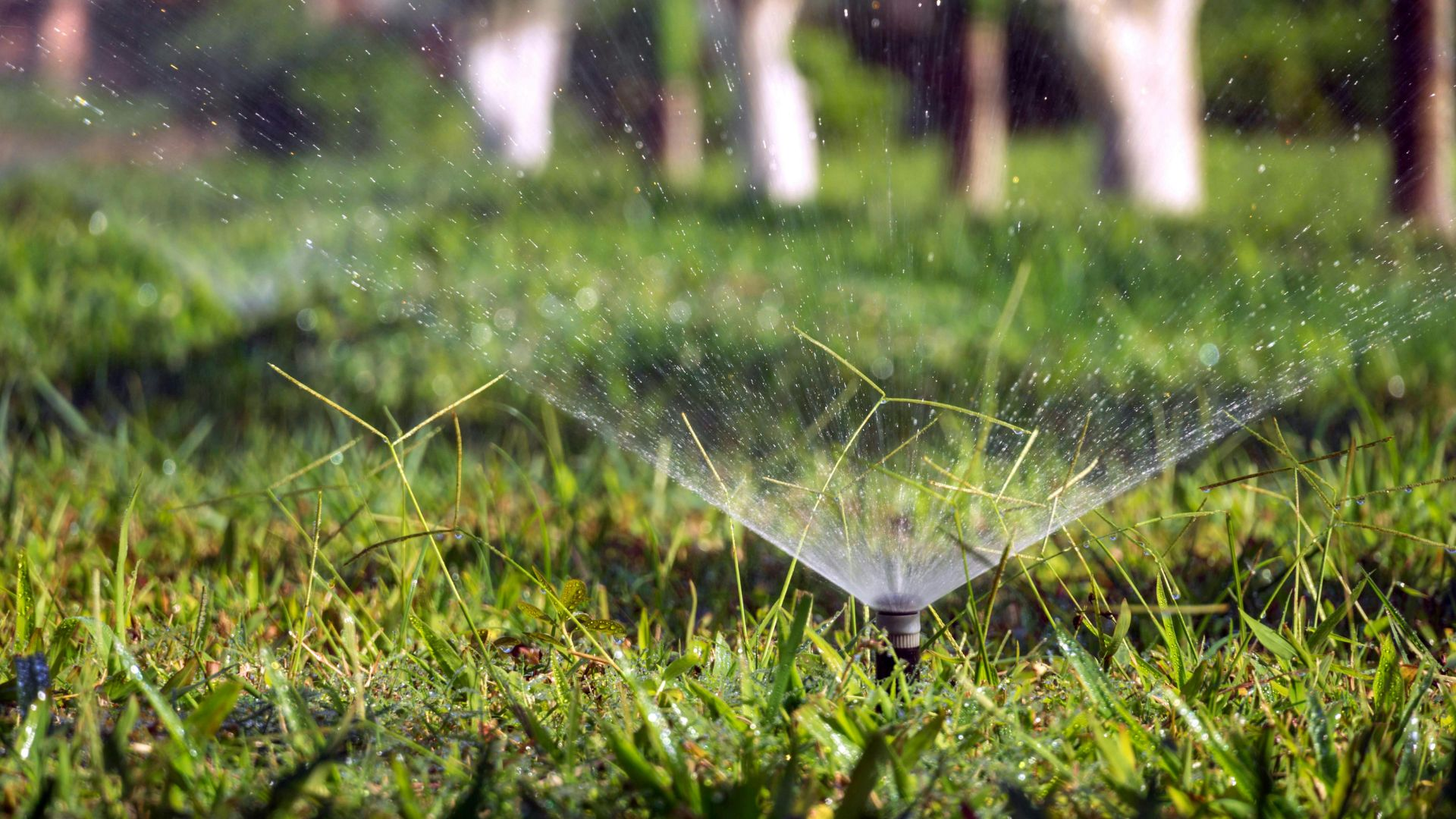
Fall winterization involves safely removing water from pipes and insulating sensitive parts before freezing temperatures arrive. Follow these steps:
- Shut off the main irrigation supply valve and drain residual water.
- Connect an air compressor to the blow-out port and purge each zone at low pressure.
- Inspect and remove debris from backflow preventers, then cover with insulating jackets.
- Drain and cap above-ground piping, valves, and quick couplers.
- Program the controller to "Off" and disconnect power if exposed outdoors.
Completing these actions before the first hard freeze prevents pipe bursts and cascade failures that reduce system life and drive up repair costs.
When and How Should You Perform Spring Start-Up for Optimal System Performance?
Spring start-up reactivates your sprinkler system after winter storage and ensures each component functions under regular operating conditions. Perform this checklist in early April or once ground frost subsides:
- Open the main supply valve and bleed the backflow preventer.
- Flush filters and test each zone at low pressure to clear debris.
- Inspect sprinkler heads for alignment, adjust spray patterns, and replace worn nozzles.
- Check all valves for leaks, test solenoids, and lubricate moving parts.
- The program controller schedules based on soil type, plant needs, and rainfall sensors.
Verifying system integrity at spring activation prevents hidden winter damage from compromising summer irrigation and sets the stage for reliable performance.
How Does Seasonal Maintenance Prevent Costly Repairs and System Damage?
Regular seasonal maintenance prevents freeze-related breaks, seal degradation, and valve seizing by keeping lines dry, lubricated, and free of obstructions. Proactive checks catch small leaks and misalignments before they erode pipes or ruin turf. Partnering with professional technicians for fall blow-outs and spring activations yields consistent care and immediate correction of minor issues, which significantly lowers long-term service expenses and maximizes system lifespan.
What Are the Most Common Sprinkler System Problems in Rhode Island and How Can You Fix Them?
Sprinkler systems in New England often present leaks, clogs, and pressure fluctuations that reduce coverage and waste water. Identifying problems early and applying targeted repairs restores functionality and supports decades of reliable operation.
How to Identify and Repair Leaks, Clogs, and Low Water Pressure Issues?
The following table maps common failures to diagnostic methods and repair actions that directly extend system life:
| Problem | Diagnostic Method | Repair Action |
|---|---|---|
| Underground Leaks | Sudden water pooling or pressure drop | Excavate pipe, replace damaged section |
| Clogged Nozzles | Uneven spray pattern or misting | Remove nozzle, soak in vinegar solution |
| Low Water Pressure | Pressure gauge reading <30 psi | Clean filters, adjust regulator valve |
| Valve Malfunction | Zone fails to open/close | Replace the diaphragm or solenoid assembly |
Implementing these targeted fixes prevents water loss and pressure imbalances, which in turn minimizes strain on related components and enhances overall system durability.
When Should You Call a Professional for Sprinkler System Repairs?
If leak detection and basic nozzle cleaning fail to restore consistent coverage, or if you encounter frozen pipes, broken manifolds, or electrical controller faults, a licensed irrigation technician should intervene. Professional diagnosis expedites repairs, ensures accurate part replacement, and prevents inadvertent damage that can occur during DIY attempts.
How Do Repairs Extend the Overall Lifespan of Your Sprinkler System?
Timely repairs restore optimal water flow, eliminate stress points, and prevent minor leaks from eroding pipe walls. Fixing clogs and valve issues reduces pump load and maintains even distribution, avoiding dry patches that lead to overcompensation in neighboring zones. Each successful repair compounds the system's durability, aligning with the expected 10-20-year lifespan.
How Do Quality Components and Professional Installation Influence Sprinkler System Longevity?
Using premium parts and expert installation methods lays a foundation for extended performance by minimizing early failures and simplifying future maintenance. Durable materials resist corrosion, and correct system design balances pressure and coverage, preventing wear and tear that stems from suboptimal setups.
What Are the Best Sprinkler Heads, Valves, and Controllers for Long-Term Durability?
Below is a comparison of high-quality components favored in Rhode Island installations:
| Component Type | Recommended Brand | Durability Rating |
|---|---|---|
| Pulsating Sprinkler Heads | Hunter PGP Ultra | 7–10 years |
| Rotary Nozzle Heads | Rain Bird 5000 Series | 8–12 years |
| PVC Solenoid Valves | Toro Irritrol | 10–15 years |
| Smart Controllers | Rachio 3 | 5–8 years |
How Does Expert Installation Prevent Premature Wear and System Failures?
Professional installers design each zone according to topography, soil type, and plant requirements, calibrating pipe diameter and pressure regulators to avoid hammer effects and low-flow conditions. Correct trenching and backflow placement prevent root intrusion and ensure safe operation, reducing stress on seals and mechanical parts that could otherwise fail prematurely.
Which Brand-Name Parts Are Recommended for Rhode Island Sprinkler Systems?
- Rain Bird: Known for precision rotary nozzles and robust valves.
- Hunter Industries: Offers durable pulsating heads and corrosion-resistant fittings.
- Rachio: Provides smart controllers with weather-adaptive scheduling.
- Toro: Manufactures reliable solenoid valves and quick couplers.
These brands align with JMG’s commitment to quality parts that support extended irrigation system life.
How Can Water Conservation and Smart Irrigation Improve Sprinkler System Life and Efficiency?
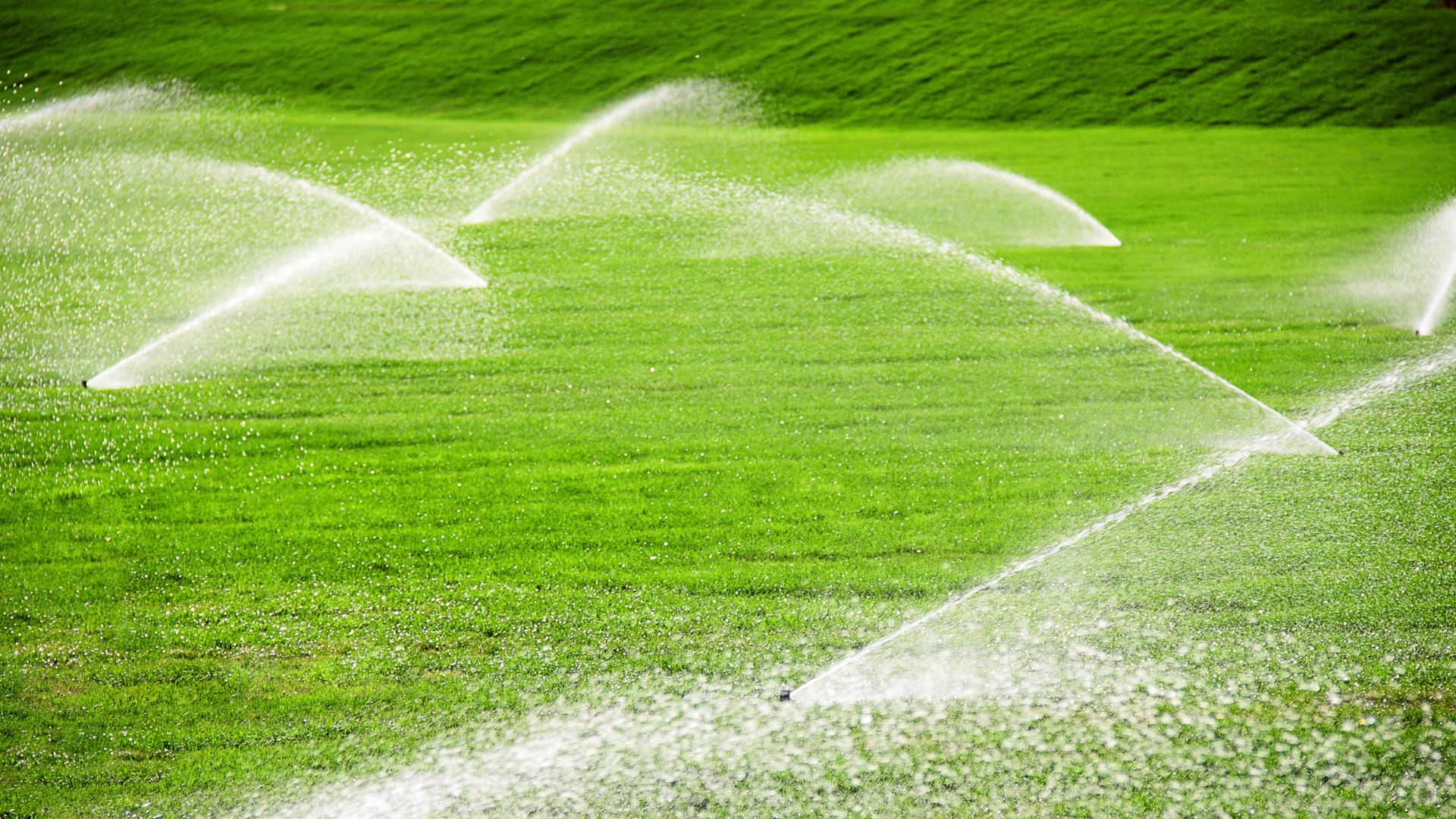
Integrating smart controllers and rain sensors reduces unnecessary cycle times, lowering mechanical strain and preventing water-borne corrosion. Efficient irrigation not only cuts utility costs but also promotes balanced system operation that extends component service life.
What Role Do Rain Sensors and Smart Controllers Play in System Longevity?
Rain sensors and weather-adaptive controllers automatically suspend irrigation during precipitation events, preventing cycles that can cause seals to swell or motors to overwork. By eliminating redundant run times, smart irrigation features preserve pump and valve life while maintaining healthy turf.
How Does Preventing Water Waste Contribute to Cost Savings and System Health?
Reducing runoff and overspray prevents soil erosion around heads and protects seals from prolonged submersion, which can lead to corrosion and leaks. Conserving water also diminishes pump stress and lowers energy consumption, generating savings that offset component replacements over the system's lifespan.
What Professional Services Does JMG Provide to Help Rhode Island Homeowners Extend Sprinkler System Life?
JMG Professional Lawn Sprinklers offers comprehensive service plans and seasonal support that target each stage of your irrigation system's annual cycle. Licensed experts apply industry best practices and brand-name parts to maintain peak performance and longevity.
How Do JMG's Annual Maintenance Plans Support Sprinkler Longevity?
JMG's annual plans include spring start-up, mid-season inspections, and fall winterization, all performed by certified technicians. This proactive approach uncovers small defects early, applies timely repairs, and adjusts programming for weather and plant needs-resulting in fewer breakdowns and longer system life.
What Are the Benefits of JMG's Seasonal Start-Up and Winterization Services?
By entrusting spring activations and fall blow-outs to experienced professionals, homeowners avoid costly freeze damage and startup errors. JMG's system checks, pressure tests, and line purges guarantee that each cycle begins and ends under ideal conditions, safeguarding pipes, valves, and heads from temperature extremes.
How Does JMG Ensure Satisfaction with Licensed Experts and Quality Parts?
With 37+ years of local experience, JMG employs licensed, highly trained technicians who use only Rain Bird, Hunter, Rachio, and Toro components. Satisfaction is guaranteed through transparent estimates, prompt service, and reliable warranties that protect your investment and promote continued system health.
What Are the Frequently Asked Questions About Extending Sprinkler System Life in Rhode Island?
Why Is Sprinkler Winterizing Necessary in Rhode Island?
Sprinkler winterization is essential to remove residual water before freezing temperatures arrive, preventing pipes from cracking and valves from splitting. Proper blow-out and insulation protect system integrity and reduce the risk of expensive component replacements.
How Often Should I Schedule Sprinkler Maintenance in Rhode Island?
Scheduling professional maintenance twice a year-once for spring start-up and once for fall winterization—ensures that freezes, debris, and seasonal transitions do not compromise system performance or lifespan.
What Are the Signs That My Sprinkler System Needs Repair?
Visible water puddles, low or uneven water pressure, hissing sounds near valves, and spray pattern irregularities all indicate that a leak, clog, or mechanical fault requires attention to prevent further damage.
Can I Perform Sprinkler Winterization and Repairs Myself?
Basic tasks like draining above-ground piping and cleaning nozzles can be DIY, but professional tools and pressure-regulated blow-outs offered by JMG guarantee thorough winter protection and precise repairs that safeguard your system long term.
Extending the life of your sprinkler system in Rhode Island hinges on understanding component lifespans, embracing seasonal maintenance, addressing issues promptly, investing in quality parts, and leveraging smart irrigation technologies. Partnering with JMG Professional Lawn Sprinklers delivers the expertise, brand-name components, and service plans needed to protect your investment-and keep your lawn thriving for years to come.
